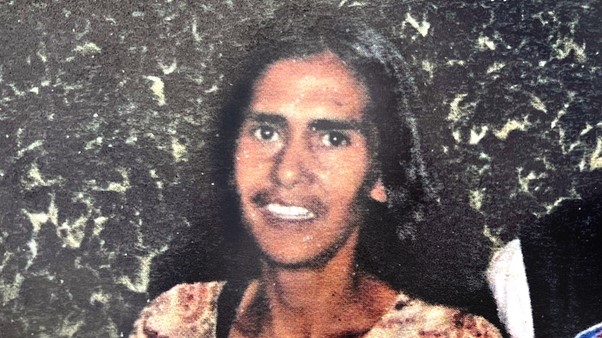Ms Victoria Nelson was a proud Gunditjmara, Dja Dja Wurrung, Wiradjuri and Yorta Yorta woman. Veronica was only 37 years old when she died at the Dame Phyllis Frost Centre on 2 January 2020. Veronica had been in custody for three days. Bail had been denied on offences that were unlikely to find her sentenced to a period of imprisonment.
The Coroner found that current “bail laws are discriminatory and a complete, unmitigated disaster”. He found that Veronica received “cruel and degrading treatment” by prison staff at the Dame Phyllis Frost Centre and that her death was preventable. The Cononer concluded that the “failures of Correct Care and Corrections Victoria to define the role of the prison’s medical centre and establish proper procedures for information sharing between staff had contributed to her death”. He has referred Correct Care to the Office of the Director of Public Prosecutions for criminal prosecution.
But what is a Coronial Inquest?
A coronial inquest is a public hearing held to determine the medical cause of a death and the circumstances surrounding the death. Coronial Inquests in Queensland are governed by the Coroners Act 2003. They are conducted by magistrates in their role as coroners.
When is a Coronial Inquest held?
A coronial inquest must be held if someone dies in custody, even when the cause of death is apparently obvious and uncontroversial. A coronial inquest must also be held if the death is the result of a police operation or the death occurs in care and there are issues with the care the deceased person received.
Procedure for Coronial Inquests
If a coroner decides to hold an inquest, the matter will first proceed to a Pre-Inquest Conference. Anyone who has a direct interest in the outcome of the inquiry will likely be given leave to appear. Counsel will outline the issues that need to be considered. Parties may make submissions about any issues they think should be included.
Coronial Inquests commence some weeks or months after the Pre-Inquest Conference. The coroner is usually assisted by police prosecutor or a lawyer acting as ‘counsel assisting’. Parties may represent themselves or be represented by a lawyer, who will question the witnesses on their behalf.
At the conclusion of the inquest, the coroner delivers findings which establish who the deceased was, where and when they died and what the cause of death was. The coroner also makes recommendations on any actions that should be taken in order to prevent other deaths occurring in similar circumstances in the future.
Our team specialise in criminal defence. Our role is to sit down with you and work out the strategy that will get you the best possible result. If you have any questions about this article or any other topic of law, please call our team of experts on 1300 066 669.





